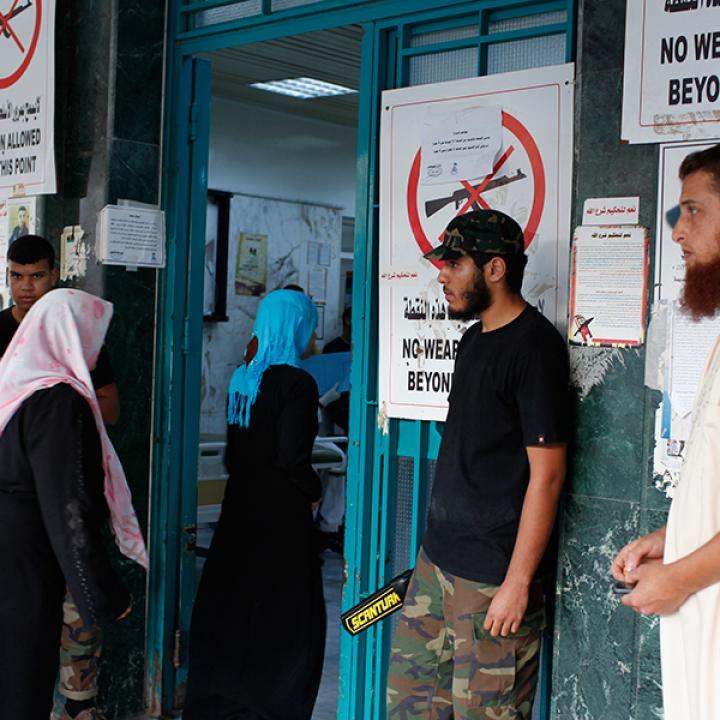

Over the past two years, global attention has shifted to Syria and Iraq with the rise of Jabhat al-Nusra and the return of the Islamic State of Iraq and al-Sham (ISIS). However, nearly one thousand miles to the west, Ansar al-Sharia in Libya (ASL) has continued its work of facilitating a future Islamic state since the spectacular attack on the American consulate in Benghazi on September 11, 2012.
Initially, ASL launched a highly sophisticated program of dawa (outreach) which included the provisioning of social services both inside and outside of Libya. This has provided it with an avenue for local support. But since Libyan General Khalifa Haftar announced a major offensive against Islamist armed groups in eastern Libya in May 2014 (codenamed Operation Dignity), ASL has focused primarily on military action. ASL's fortunes have dropped dramatically in the process, further exacerbated by the death of its leader, Muhammad al-Zahawi, confirmed in January 2015, and ISIS's intensified efforts to create a Libyan base independent of ASL since November 2014. Set in this context, this piece will examine the ebb and flow in ASL's fortunes...
Hudson Institute




